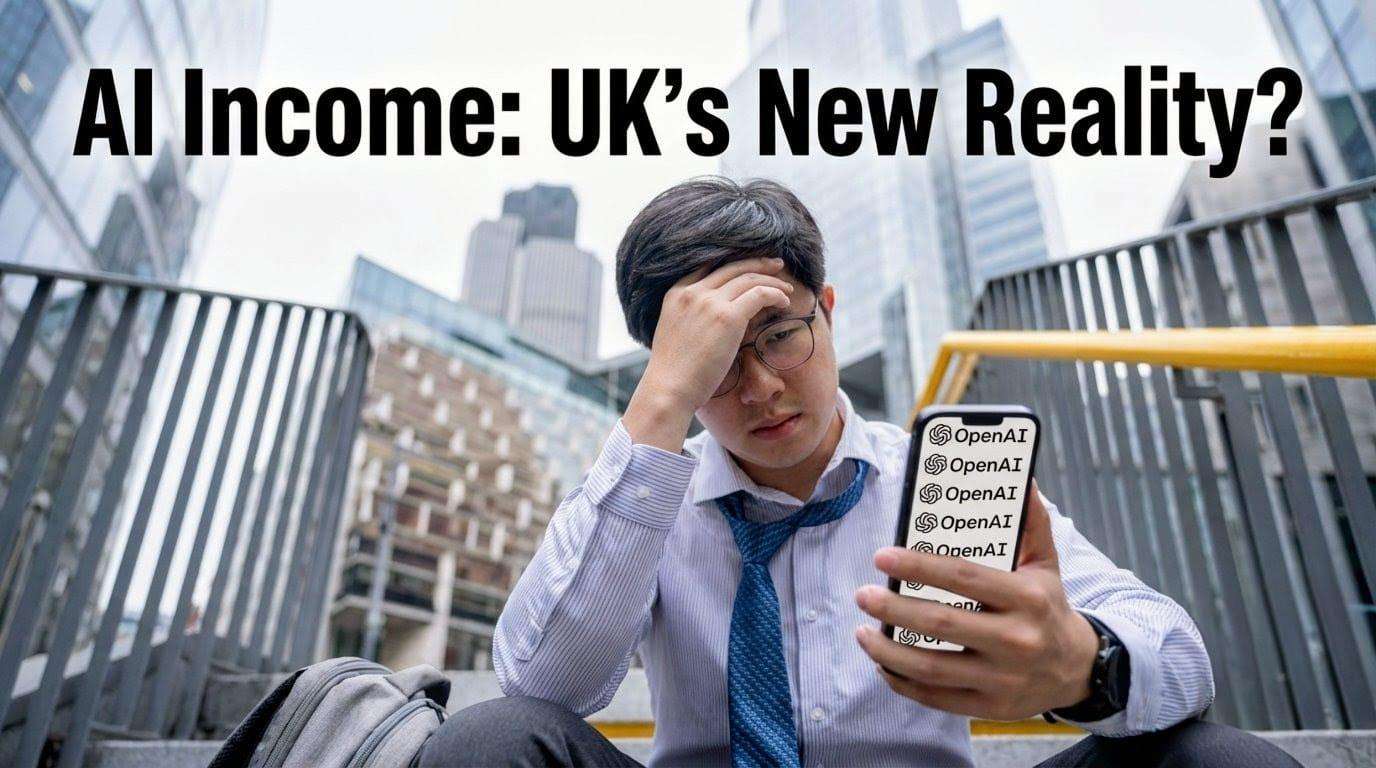According to British-Canadian computer scientist Geoffrey Hinton, the development of artificial intelligence (AI) is a "potentially very dangerous technology," hence we must be "very careful" and "very thoughtful."
This year's Nobel Prize winner in Physics, Professor Hinton, stated that the field of artificial intelligence is changing "much faster" than he had anticipated and that there hasn't been enough time to finish the research he feels is necessary.
His current efforts have focused on promoting safer AI, even though his work has established the groundwork for machine learning—the technique that enables computers to simulate human intellect.
Regulations are necessary to prevent people from abusing it, and such political structures don't seem to be in place right now.
Professor Hinton
When he quit his position at Google last year, he made headlines because he was worried that "bad actors" would use the technology to hurt other people.
Reflecting on where he thought the development of AI would have reached when he first started this work, Prof Hinton told BBC Radio 4’s Today programme: “I didn’t think it would be where we would be now. I thought at some point in the future we would get here.
“Because the situation we’re in now is that most of the experts in the field think that sometime, within probably the next 20 years, we’re going to develop AIs that are smarter than people.
“And that’s a very scary thought.”
He added: “I like to think of it as, imagine yourself and a three-year-old – we’ll be the three-year-olds, and they’ll be the grown-ups.”
Prof Hinton said he thinks the impact AI could have on the world will be similar to the industrial revolution.
“In the industrial revolution, human strength ceased to be that relevant because machines were just stronger, and if you wanted to dig a ditch, you dug it with a machine.
“What we’ve got now is something that’s replacing human intelligence, and just ordinary human intelligence will not be at the cutting edge anymore. It will be machines,” he said.
Asked what he thinks life might be like in 10 or 20 years from now, Prof Hinton said: “It will depend very much on what our political systems do with this technology.
“So my big worry at present is that we’re in a situation now where we need to be very careful and very thoughtful about developing a potentially very dangerous technology.
“It’s going to have lots of wonderful effects in healthcare, and in almost every industry it’s going to make things more efficient, but we need to be very careful about the development of it.
“We need regulations to stop people using it for bad things, and we don’t appear to have those kinds of political systems in place at present.”
Prof Hinton said he fears AI will be bad for society if lots of people lost their jobs and all the benefit goes to rich people.
“If you have a big gap between rich and poor, it’s very bad for society,” he said.
“These things are more intelligent than us. So there was never any chance in the industrial revolution that machines would take over from people just because they were stronger. We were still in control because we had the intelligence.
“Now there’s the threat that these things can take control. So that’s one big difference,” he added.








.svg)


